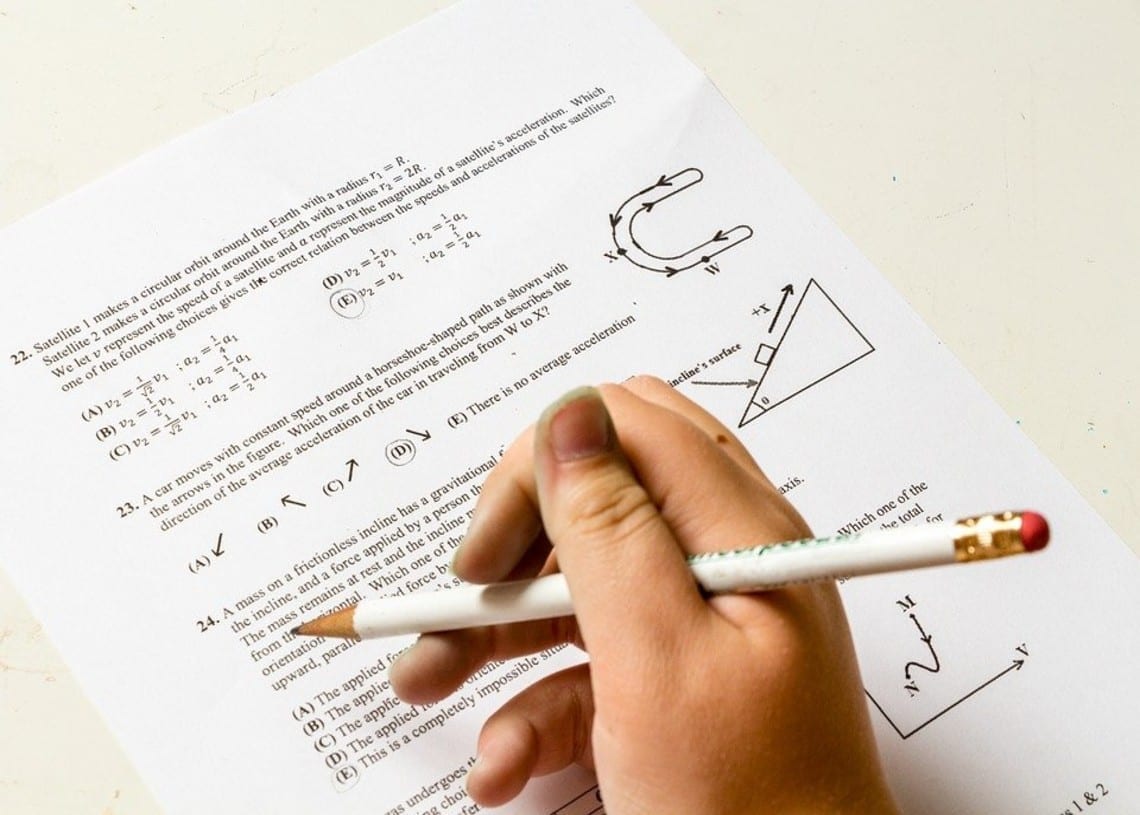Students in the UK will not sit for their usual GCSE and A-level exams this year. Instead, the Education Secretary, Gavin Williamson, indicated that they would be sitting for mini-exams that would their teachers decide on their grades.
The announcement comes after the government announced another countrywide lockdown to curb the spread of the virus. In a letter addressed to Ofqual, Williamson highlighted the need for these schools to explore the possibility of having externally set exams or tasks that would help the teachers make the final decision about the grading of students.
The government’s latest move to replace exams with teacher assessed grades received praises and contrasted with the fist lockdown, where teachers had been asked to assess the grades of students only for an algorithm to be used later for grading. Although the grading was later revised, the latest move showed the government’s trust in teachers’ ability to make the right call for their students’ grades.
The letter continued by ruling out any usage of algorithms for this year’s grading, indicating that they would not be second-guessing teachers’ decisions.
However, one statement offered by Williamson while speaking in parliament was that exams were the best form of assessment. He offered no evidence to support this statement and only stated what is generally accepted as the truth in the current education.
Are exams the best form of assessment
The recent few months have highlighted some deeply held exams beliefs that are simply not true.
The idea that exams are more rigorous than any other form of teaching has been challenged during the lockdown period. Comparison between exam-centered learning and project-centered shows that teachers prepare their students only for exams and end up stifling any attempt at creativity compared to the project-centered approach. Students are not taught to think but to memorize facts in a bid to pass the exams.
The idea that exams level the playing field for all students. The lockdown has proved that class, gender and race are a determinant of how students perform due to various factors. Closeness to learning resources is also a contributing factor in how students perform.







